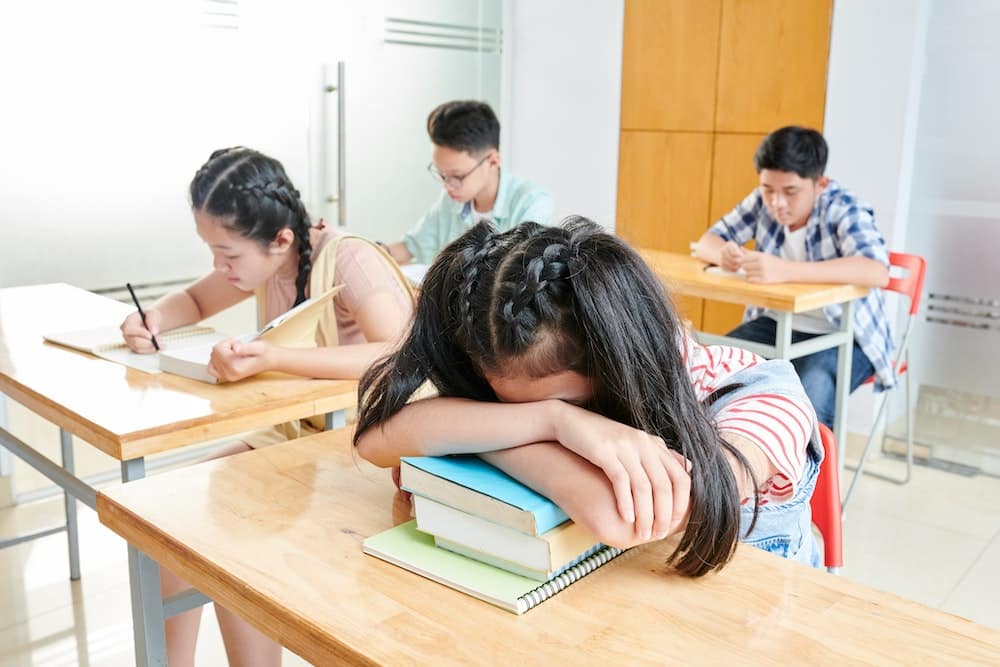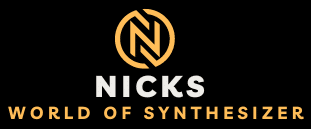What’s the Effect of Progressive Muscle Relaxation on Post-Competition Recovery?

By understanding the impact of Progressive Muscle Relaxation (PMR) on post-competition recovery, athletes and scholars alike can utilize this technique to enhance performance and manage anxiety. It’s an increasingly common topic in sports literature and academic journals. This article will explore PMR’s effectiveness, relevant studies from renowned databases like PubMed and CrossRef, and explain how you can integrate this practice into your training regimen.
Understanding Progressive Muscle Relaxation
Before we delve into the specifics of PMR and its benefits, it’s essential to understand what exactly we’re discussing. Founded in the 1920s by Dr. Edmund Jacobson, PMR is a method designed to control tension and promote relaxation. It involves sequentially tensing and relaxing various muscle groups throughout the body, a process which aids in releasing physical tension and subsequently reducing anxiety and stress.
Additional reading : What’s the Best Way to Incorporate Mindfulness Practices into Pregame Routines?
PubMed, a comprehensive database of citations from biomedical literature, contains numerous studies highlighting the positive effects of PMR on both physical and psychological health. Similarly, CrossRef, another scholarly resource, hosts a multitude of articles that draw connections between PMR and improved athletic performance.
Progressive Muscle Relaxation and Anxiety
According to Google Scholar, a popular web search engine for scholarly literature, numerous studies link regular PMR practice with decreased levels of anxiety. This is particularly relevant for athletes, as the stress and pressure associated with competitive sports can often lead to high anxiety levels, impacting performance negatively.
Have you seen this : How Can Underwater Cameras Enhance Stroke Correction in Competitive Swimming?
A research group published on PubMed found significant reductions in state-anxiety scores for athletes who practiced PMR regularly. The study comprised three groups – one practicing PMR, another engaging in deep breathing exercises, and a control group. The PMR group showed the most significant reduction in state-anxiety levels, suggesting that it could be an effective tool for managing competition-related stress.
PMR’s Impact on Muscle Recovery and Performance
Post-competition recovery is a major concern for athletes. Excessive training and competition can lead to muscle damage, fatigue, and decreased performance. Therefore, effective recovery strategies are crucial. PMR offers a non-invasive, easy-to-implement strategy.
A study available on CrossRef investigated the effect of PMR on muscle recovery post-exercise. The researchers divided athletes into two groups. One group performed PMR exercises after their regular training, while the other did not. The PMR group reported less muscle pain and fatigue compared to the control group. Furthermore, the PMR group showed improved muscle function in subsequent performance tests.
Incorporating PMR Into Your Training Regime
Having understood the benefits of PMR, you may be wondering how to incorporate it into your training routine. The good news is that PMR doesn’t require special equipment or extensive training. It’s as simple as finding a quiet, comfortable space where you can focus on your body and your breathing.
Begin by tensing a muscle group (such as your hand) for about 10 seconds, then slowly releasing the tension over 20 seconds. Be mindful of the sensation of tension and relaxation. Repeat this process with different muscle groups, working your way through your body.
A Google Scholar search will provide numerous detailed guides and tutorials to help you get started with PMR. Remember, consistency is key. Regular practice will lead to better results.
A Note of Caution
While PMR holds numerous benefits, it’s essential to approach it with caution, particularly for athletes. Over-tensing muscles can lead to strains or injuries, so it’s advisable to start with gentle tension, gradually increasing as you become more comfortable with the technique.
PMR is not a silver bullet for all athletic performance and recovery issues. It should be used as a tool in conjunction with other recovery strategies such as nutrition, proper sleep, and physical therapies. Always consult with a medical professional or a trained coach before starting any new recovery technique.
In conclusion, the integration of Progressive Muscle Relaxation into an athlete’s training regime can yield significant benefits in reducing anxiety, enhancing muscle recovery, and improving overall performance. However, caution must be exercised to prevent potential injuries. As always, athletes should consult with professionals when incorporating new techniques into their routines.
The Role of PMR in Reducing Mental Stress and Enhancing Heart Rate Recovery
After understanding the basics of Progressive Muscle Relaxation (PMR), and its impact on anxiety reduction, let’s delve into how it plays a crucial role in reducing mental stress and enhancing heart rate recovery. The link between relaxation techniques, such as PMR, and improved heart rate has been a topic of interest for many researchers listed in PubMed and CrossRef databases.
A study posted on Google Scholar compared the heart rate recovery of two groups of athletes – one practicing PMR and the other not. Their heart rates were observed after a rigorous exercise session. The group practicing PMR exhibited a faster heart rate recovery, indicating the potential of PMR as a tool to manage post-exercise cardiovascular recovery.
Another CrossRef study evaluated how PMR impacts mental stress. The experimental group of athletes who practiced PMR showed reduced cognitive anxiety levels. Cognitive anxiety is a type of psychological stress often associated with negative performance in sports. By reducing cognitive anxiety, athletes can potentially improve their sports performance.
It’s worth noting that just like any relaxation training, PMR is more effective when practiced regularly. It could be a beneficial addition to an athlete’s routine, helping them manage the mental stress associated with competitions and enhancing their heart rate recovery. However, it’s advisable to consult with a professional before starting any new regimen.
Exploring PMR Techniques for Different Sports
The effectiveness of PMR can vary depending upon the sport an athlete is involved in. Some sports require a higher level of muscular endurance, while others demand more mental concentration. As such, the use of PMR should be tailored to suit the specific needs of the sport and the athlete.
A PubMed study examined the application of PMR in different sports. The findings revealed that athletes involved in sports requiring precision and concentration, like archery or golf, benefited significantly from PMR. The increased focus and reduced somatic anxiety, another form of stress that affects body movements, improved their overall performance.
On the other hand, athletes involved in high-endurance sports like marathon running also found benefit from PMR. A CrossRef study found that these athletes reported decreased muscle fatigue and faster recovery after implementing PMR in their training routine.
It’s noteworthy that the benefits of PMR aren’t limited to elite athletes. Even for beginners or recreational athletes, PMR can be a useful tool to manage anxiety and improve performance. However, it’s crucial to find articles or consult with a professional on how to apply the technique appropriately for your specific sport.
In Conclusion
In conclusion, Progressive Muscle Relaxation (PMR) offers significant benefits for athletes, including reduced anxiety, better heart rate recovery, and improved sports performance. Its regular practice can help manage competition-induced stress and aid in faster post-competition recovery.
However, it’s important to remember that PMR is not a one-size-fits-all solution. Its benefits can vary depending on the sport and the athlete’s individual needs. Therefore, it’s advisable to consult with a professional before incorporating PMR into your routine. Also, ensure to exercise caution while practicing PMR to avoid potential muscle strains or injuries.
Regardless, PMR stands out as a promising technique for enhancing athletic performance and recovery. As research continues to evolve, we can expect a more profound understanding of its applications and benefits.
